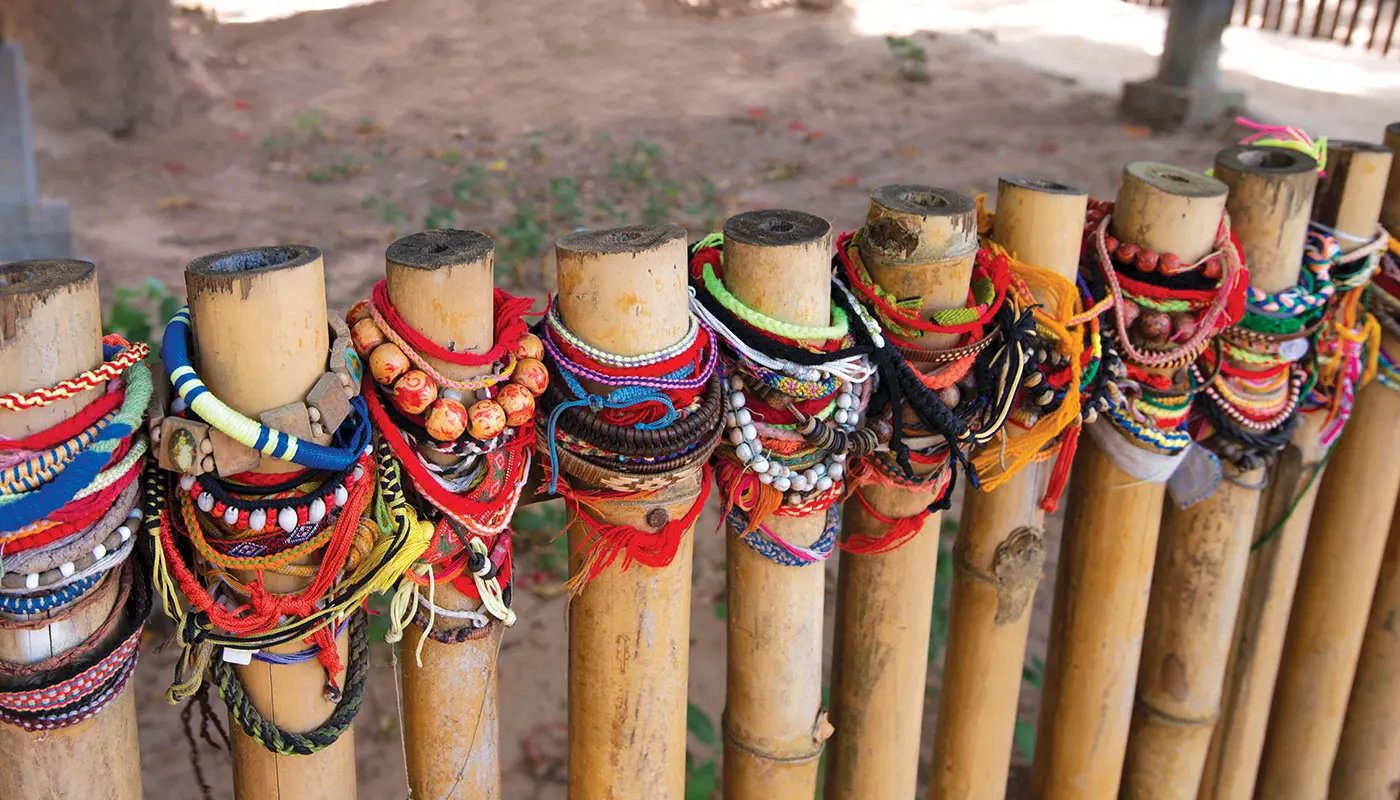
10/02/2016
By Geoffrey Douglas
Chanthu Phauk ’12 knows nothing of what her parents endured in Cambodia during the four-year bloodbath of the Khmer Rouge, or how they were able to escape the fate of the 1.5 million of their countrymen who starved to death or were murdered. She knows nothing of their lives before the genocide—where they lived, whom they knew, what they did for a living. She has no knowledge of any aunts or uncles or other relatives who went before. Even her grandparents are a collective blank to her. It’s as though her family never had a past.
What she knows is that her parents, David and Soeun, arrived in the U.S. in 1982 with their two small children, following more than a year in a Thailand refugee camp, and that they lived briefly in Washington, D.C., before settling in Lowell, where they remain today.
“They never talk about it,” says Chanthu. “I’ve always known it’s a sensitive thing for them, so I’ve never wanted to ask.” She says as a child she would sometimes accompany her mother on her trips to “the doctor”: group therapy sessions for Cambodian genocide survivors (“Over time, I just kind of figured it out”). Even today, the mention of those years can cause the older woman to break down.
“She remembers too much,” says Chanthu.
Several years ago, while still a UMass Lowell undergraduate, and wanting to know more about what happened back then, she enrolled in a course on genocide: “That helped me to understand better,” she says, “how it is that little things can sometimes trigger my parents. And just why they are the way they are.”
She’s never been to Cambodia herself, but hopes to go someday, probably with her father (“I know my mom would never go back”), and to learn more, she says, about “what happened to them, who they are and where we all come from.”
It has been four years now since she earned her degree— in criminal justice, with a minor in psychology—and nearly that long since she left the city behind. Following a career path that has its origins in a class she took at Lowell (“Crime Analysis and Mapping”), Chanthu today is the senior crime analyst, and supervisor, for the Roanoke, Va., Police Department, in charge of a team of analysts who study crime trends, “hotspots,” informant networks and the associations of known offenders—all with the goal of predicting and preventing future crime. She is also an instructor with the Roanoke Police Academy, teaching crime analysis to police recruits.
She had not yet been born when David and Soeun arrived in Lowell 34 years ago. Nor had nine of her 11 siblings. (Of the two oldest, the first was born in Cambodia before they left there, the next in the Thailand refugee camp.) All 12 children were raised in the city. Ten of the 12 have graduated from UMass Lowell—with degrees in English, biology, math, business, fine arts, nursing and criminal justice—and are now working at jobs throughout the Merrimack Valley (Chanthu so far is the only one to leave the area) as teachers, business managers, a project manager, a nurse, a medical technician and a painter. The youngest, Taezy, an engineering major, will graduate in 2018.
“We’re very close. We always have been,” says Chanthu. “A lot of it, I think, is because of what they went through back then, all the losses they had and what they took away from it—that in the end, we only have each other.”

